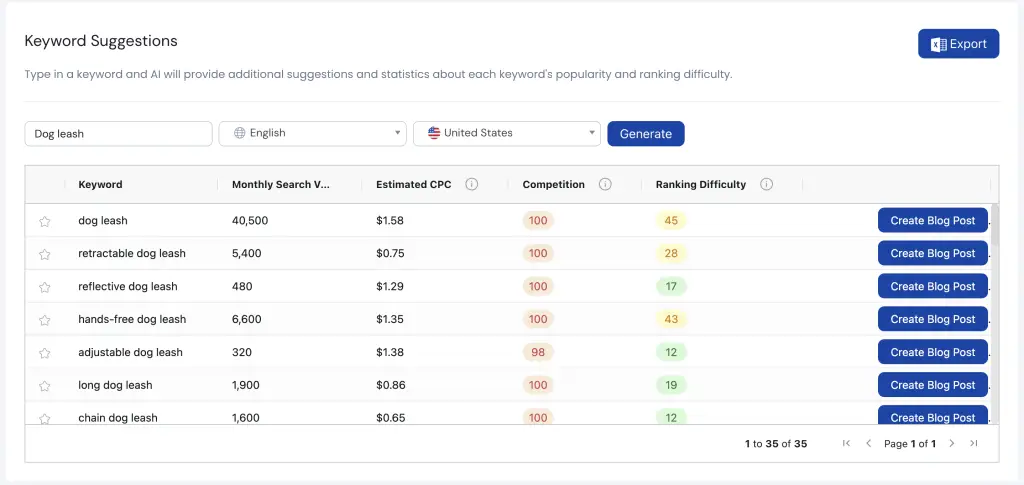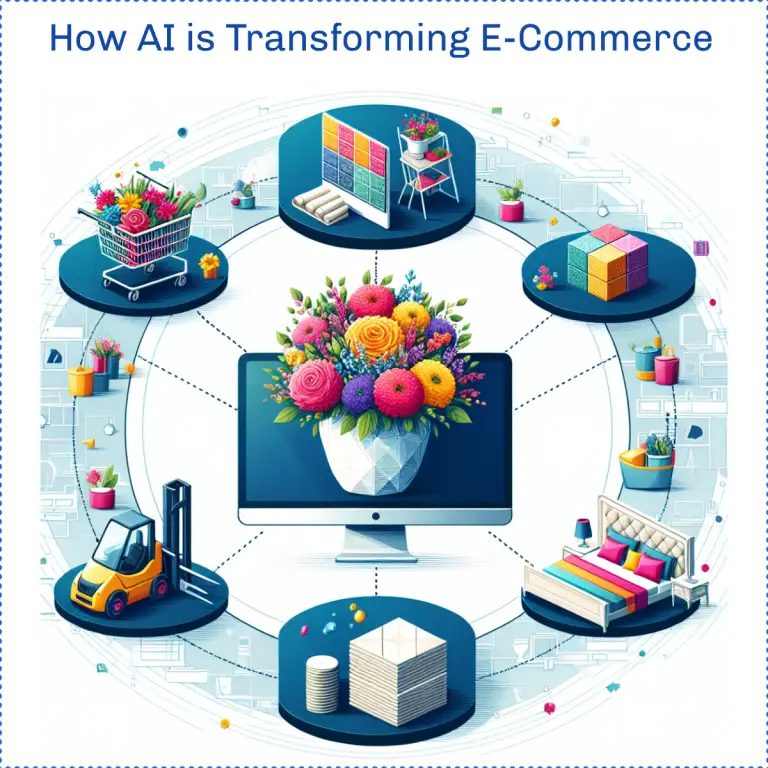Welcome to the inaugural installment of The E-Comm Boardroom Bulletin, a new series dedicated to unveiling the most impactful trends and technologies shaping the e-commerce landscape. Each issue will feature interviews with real e-commerce brands, showcasing their insights and practical applications of the topic at hand.
In this first article, we’ll explore the transformative powers of artificial intelligence (AI), which has become a cornerstone of innovation across multiple industries, e-commerce included. We’ll hear how three founders selling vastly different products – high-end bedding, luxury gifts, and guitar parts – have all successfully integrated AI into their operations to drive growth and efficiency. And by the end, you will have a very good idea of exactly how to use AI for ecommerce.
Let’s dive into this first edition of The Bulletin!
The AI Revolution in E-Commerce

Image Source: Mark McNeilly’s Substack
The advent of AI in e-commerce marks a pivotal shift in how businesses operate and interact with customers. AI’s influence spans multiple parts of the industry—from personalized shopping experiences to optimized supply chains, and everything in between. This technology is not just about automating routine tasks; it’s about enhancing the capabilities of e-commerce platforms to perform at levels that were previously unattainable.
What we’re saying is that in this new era of e-commerce, AI is like the wizard behind the curtain, turning wish lists into reality and making the impossible seem like just another day at the digital office.
As Guillaume Drew, the Founder and CEO of Or & Zon, puts it, “It’s like hiring a thousand staff members that can work tirelessly around the clock.”
Personalization at Scale
One of the most significant impacts of AI in e-commerce is the ability to personalize at scale. AI algorithms analyze vast amounts of data to tailor recommendations, promotions, and content to individual consumer preferences. This hyper-personalization leads to increased customer satisfaction and loyalty, as shoppers feel uniquely understood and catered to.
Don’t Look a Gift Horse in the Mouth
For Zai Zhu, the CEO of My Gift Shop, an online purveyor of luxury gifts that has served over 1 million customers, these are not mere concepts, but a matter of practical implementation and impressive results.
His brand has used AI-driven analytics for personalized marketing campaigns to realize a 15% increase in customer engagement and a 10% increase in sales over the last year. “In addition,” Zai said, “Our AI-powered recommendation engine increased average order values by 8%, quite clearly showing how AI has made a positive difference through its implementation in the operations of the organization.”
Efficient Inventory and Supply Chain Management

Source: Mark McNeilly’s Substack
AI also revolutionizes inventory management and logistics. By predicting market trends and analyzing real-time data, AI helps businesses forecast demand more accurately, reducing overstock and stockouts. Furthermore, AI-driven logistics optimize shipping routes and automate warehouse operations, cutting costs and delivery times dramatically.
Unexpectedly, this has yielded a positive environmental impact for brands as well, which the always eco-conscious Or & Zon has experienced first hand. In Guillaume’s own words, “Machine learning algorithms predict purchasing trends, helping us ensure the right amount of stock and reducing wastage, which aligns with our sustainability ethos.”
Enhancing Customer Service with AI
AI-powered chatbots and virtual assistants are now essential tools for e-commerce businesses. They provide 24/7 customer service, handling inquiries and resolving issues faster than ever before. This not only improves the customer experience but also frees up human resources to focus on more complex customer service tasks.
Creating Content and SEO

AI is also revolutionizing the way brands create and manage content, offering a competitive edge that is transforming marketing strategies.
AI-driven tools empower e-commerce brands to generate personalized content that resonates deeply with their audience, from product descriptions to tailored blog posts and dynamic email campaigns.
How it Works
These tools utilize natural language processing (NLP) to understand and replicate the brand’s voice, ensuring consistency across all forms of communication. This not only streamlines the content creation process but also significantly enhances its effectiveness, helping brands to reach the right audience with the right message at the right time.
As a result, e-commerce companies that integrate AI into their content strategies can expect to see improved SEO rankings, higher engagement rates, and an overall increase in return on investment (ROI).
Amping Up Your Traffic

Samuel Jackson (no, not that Samuel Jackson), the owner of Guyker’s premium guitar parts, has been using AI to generate product descriptions and marketing copy for over a year. The axeman’s best friend touted the results of this as “a streamlined workflow and improved SEO, leading to a 20% increase in online traffic.”
This is one of the primary reasons that Boardroom has invested so heavily in our AI-powered SEO features. Learn more at this link.
More to Come…
In future installments of The Ecomm Boardroom Bulletin, we will continue to explore the latest and greatest trends that are reshaping the e-commerce industry. AI may be a recurring theme due to its profound impact on the sector, but we will also delve into other critical areas such as Conversion Rate Optimization (CRO), innovative marketing strategies, Search Engine Optimization (SEO), and emerging technologies. We hope this initial article was instructive as you strive to use AI for ecommerce.
Each post will aim to provide actionable insights and practical advice, drawing from real-world examples and interviews with real brands. Our aim is to help e-commerce entrepreneurs thrive in an ever-evolving marketplace.
Stay tuned as we navigate the complexities of modern e-commerce together, equipping you with the knowledge to drive your business forward. Thanks for reading!


